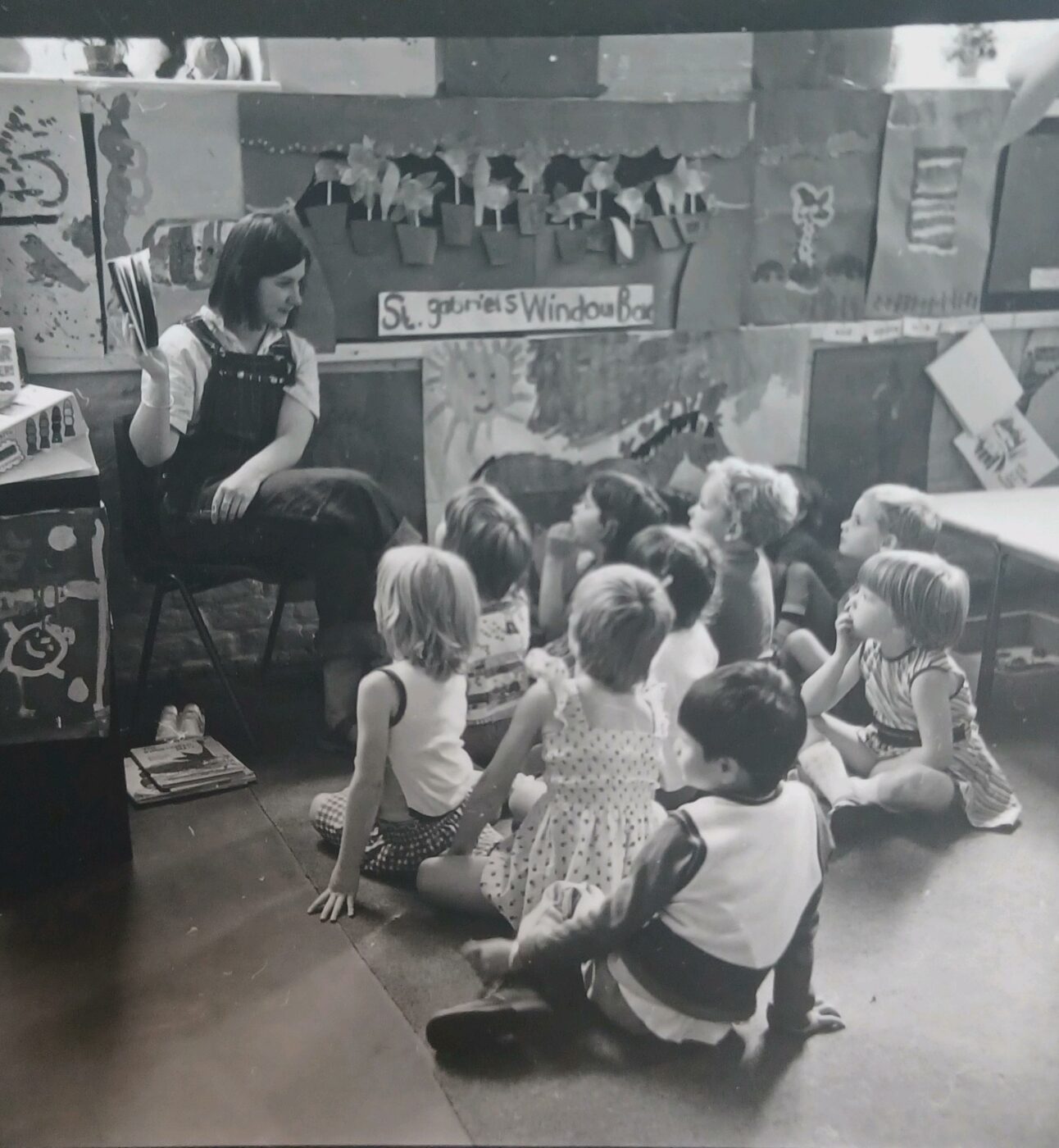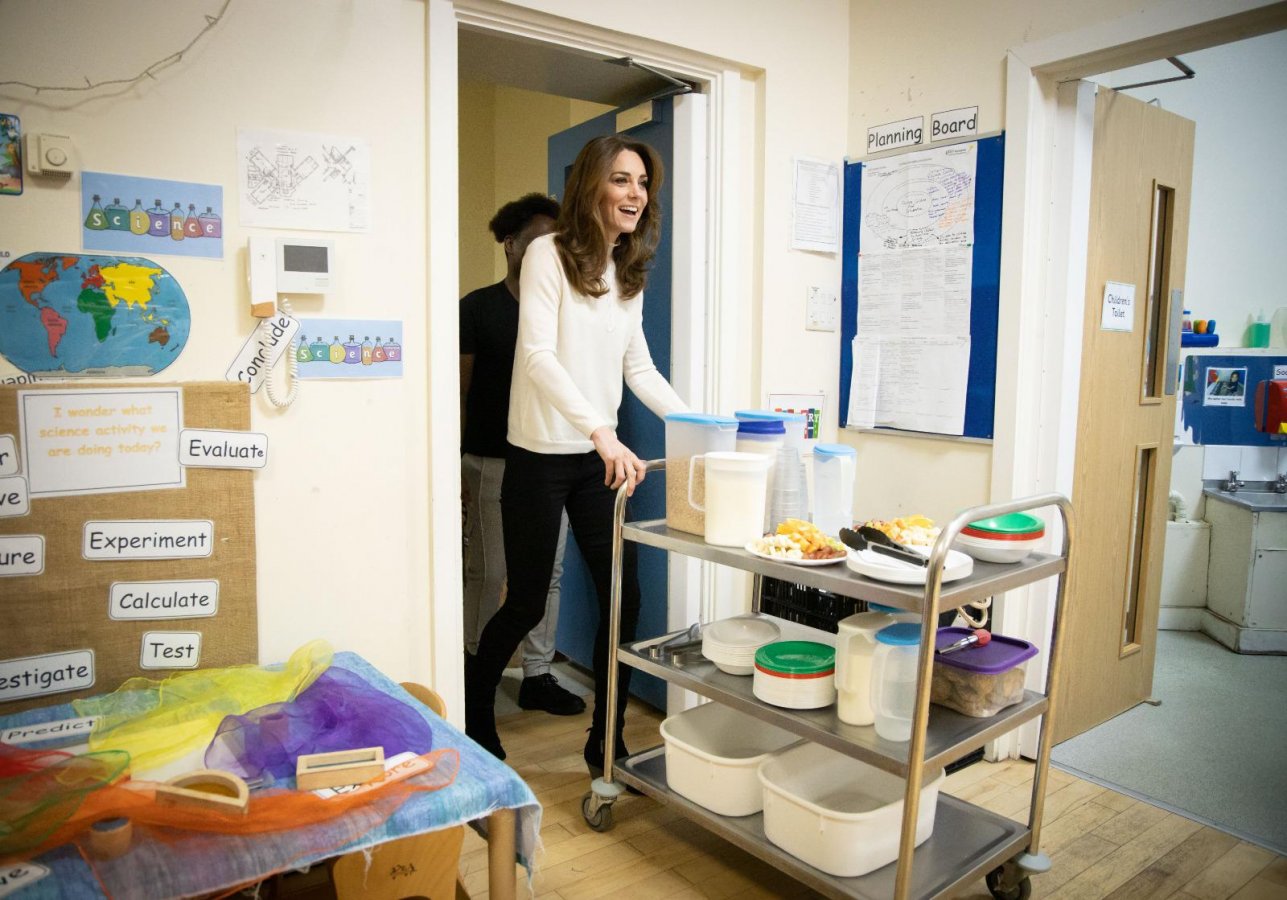
Talking Early Years: Celebrating 120 Years at LEYF
The Year That is 2023 – This year, we are proud to celebrate 120 years of LEYF. It’s been fascinating to reflect back on what has changed over…
June 9th 2014
Returning from a week’s holiday on a crowded EasyJet flight from Milan, I glanced at my emails and despite the sterling work of my efficient EA, was surprised by their sheer number. Two groups seem to jostle for attention, Ofsted and the Early Childhood Research Professionals, a US based group of practitioners.
Ofsted Big Conversation will continue to feature on this blog post but I was intrigued by the sheer amount of comments elicited by the question ‘Should we expel children from preschool for bad behaviour?’
It’s a salutary tale on one which merits comment. The LEYF lens seemed a useful way to focus the issues.The LEYF model is centred around the child. Putting the child at the centre, the comments seem to be divided between the nature / nurture camp. Are children born bad and therefore capable of bad behaviour or do we make them bad by placing expectations on them that are unrealistic or by failing to nurture them or understand their needs? This was very relevant when two dominant discussions emerged; children biting (we are talking about children of 18 months) or when staff have to deal with children on the autistic spectrum whose behaviour can often be difficult.
The second focus was on parents and their role in supporting their children to cope with nursery and to work with staff on shared approaches. Many thought expulsion was a punishment to those who failed to engage but struggled with the unfairness this consigned the children. They also were challenged by the morality of a situation where many working in areas of deprivation with parents who themselves had limited ability to parent or communicate their problems.
The next question was whether the staff were able, willing and capable of managing children when they exhibited bad behaviour. The responses suggested that a lot of people were not empathetic to the youngest children and unwilling to go an extra six inches, let alone a mile to support them through difficult developmental or behavioural times. Most had limited training on how to manage negative behaviour or enter into a difficult conversation with parents. The lack of support services was universally bewailed.
The interesting thing about the settings is that are predominately schools led by teachers. The ratio of children to staff is high, 13 to 1 was quoted constantly as a barrier to getting to know and understand the children. Only the High Scope settings were on lower ratios and felt able to fully support the families. There were references to private nurseries which chose their children carefully and did not have open enrolment. There were also many comments about the resources of the settings, routines and curricular approaches as being unsuitable for so many small children. There was also many bewailing the fact that research was never taken into account when thinking about the best ways to educate these children and the group was asking each other for more information to increase their perspectives such as brain development, understanding children’s wellbeing and reflective practise.
Finally, few recognised the importance of understanding the community and the schools seemed at a distance to their local community. This was often commented about those teaching in poor and deprived neighbourhoods and a failure to engage or understand what kind of home lives many children experienced and how that impacts on their behaviour.
The question “should we expel children from preschool for bad behaviour”? opened a much wider discussion but for us there are themes emerging that we need to understand before rushing headlong into an ill-informed policy such as our Two Year Old Programme.
So:
– Schools are not necessarily the answer.
– Ratios matter big time.
– Training needs to be ongoing and relevant. Getting your PGCE is not enough!
– Positive, caring and open adult attitudes are critical especially when understanding, supporting and working together with parents.
– Routines within a broad and balanced curriculum are important
– Resource your settings correctly and think about what helps children to learn.
– Nurture any support service available as you as they are essential when you have children with behaviour and additional issues.
– Understand and reach out to the community if you want to understand the child and his family.
– How would you answer the question?

The Year That is 2023 – This year, we are proud to celebrate 120 years of LEYF. It’s been fascinating to reflect back on what has changed over…

The other night I was watching my new late-night Netflix addiction, How to Get Away With Murder. I have reached Series 5 where the main protagonist, Annaliese Keating is…

We all know that the Tiger comes to Tea but we have never had a Duchess come to Breakfast. https://www.youtube.com/watch?v=-6hzbLzcprE The Duchess of Cambridge lightened up our…